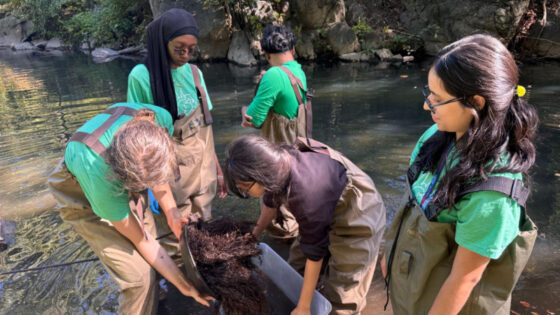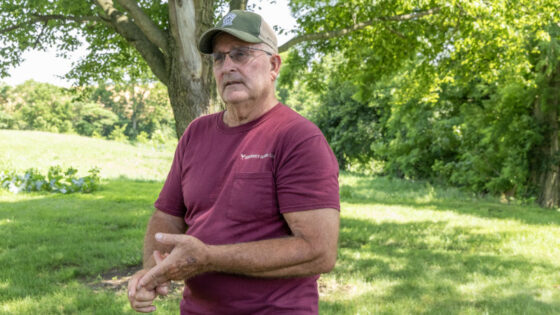Elisabeth Ruschmann monitored water quality in her community and made an “alarming” discovery. Now she’s focused on sustainable solutions.
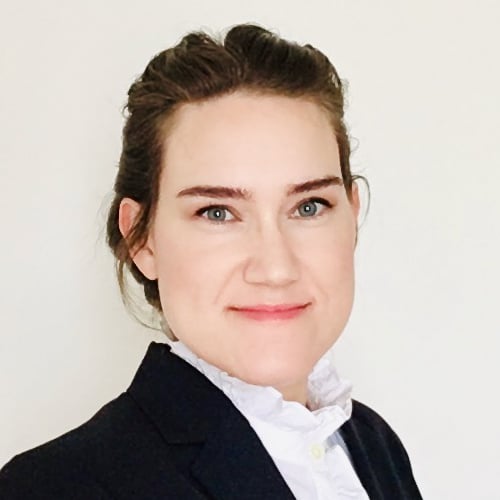
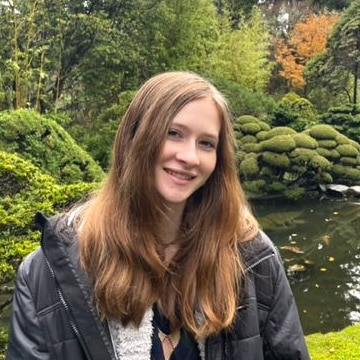
“Water issues don’t really get the attention they deserve,” says Elisabeth Ruschmann.
Two years ago, Ruschmann was a soon-to-be senior at Conestoga High School and curious about water quality issues in her community after reading an article in her local paper. She wanted to learn more and began searching for opportunities to participate in a summer research experience. Google led her to Stroud Water Research Center.
Community Science Facilitator David Bressler was impressed by Ruschmann’s initiative. “She was proactive, and all she needed was a bit of guidance and some equipment,” he says.
Based on salt snapshots for which he had provided technical support, Bressler designed a project for Ruschmann that would examine rising salt levels in streams, a multi-decade trend caused by significant increases in the use of road salt.
Penn State Master Watershed Stewards Patty Haug and Carol Armstrong volunteered to show Ruschmann how to measure salt using chloride strips, and conductivity using a conductivity meter.
Accompanied by her mother, Margaret, Ruschmann spent two weeks in the summer of 2021 collecting water quality data from upper Plum Run, a small stream in West Chester, Pennsylvania, that’s part of the Delaware River watershed.
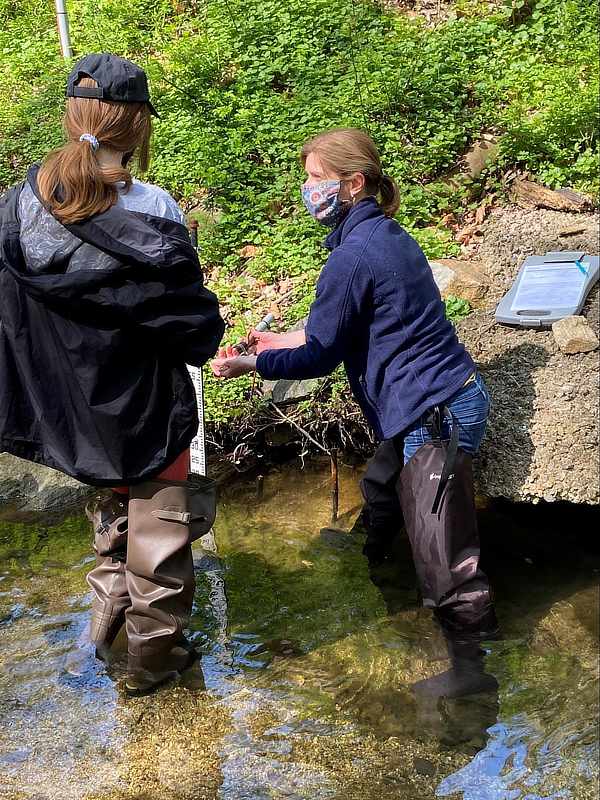
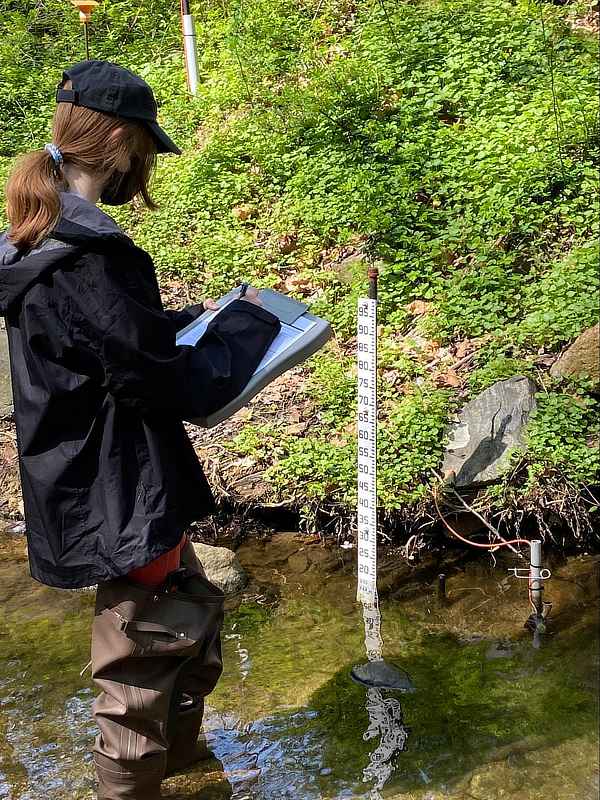
Haug, who was researching water quality for her master’s at the time, had access to a 20-year-old study of local water quality and shared it with Ruschmann.
Ruschmann recalls, “The urban topography was much different than it is now, and I was able to see a really stark contrast in values, so that was a really interesting and cool discovery.
“The conductivity was something like three times higher than it had been in similar locations in the earlier study. It was alarming to see. It made me realize that environmental concerns do exist close to home, and it’s something that we should be more mindful of.”
Ruschmann says that educating the public is key: “There’s an obligation to ensure public safety and that the roads are clear, but people aren’t really aware that salting does environmental damage, and if they don’t know, they aren’t going to adapt.”
After collecting and comparing data, she wrote a report, started a blog about local water issues and politics, and spoke at Delaware Riverkeeper’s Watershed Congress as part of an intergenerational stories panel.
“It was empowering. The research depended on me. I was doing a real research project,” she says.
Her proud mom adds, “She had an amazing experience that I can honestly say was transformative.”
Ruschmann is now a student at Princeton, and she’s thinking about a career in business and sustainability. “I’m interested in the environment and how we can minimize our footprint.”
Read the story of another young freshwater steward, Maggie Auman, and her research project using leaf packs.


